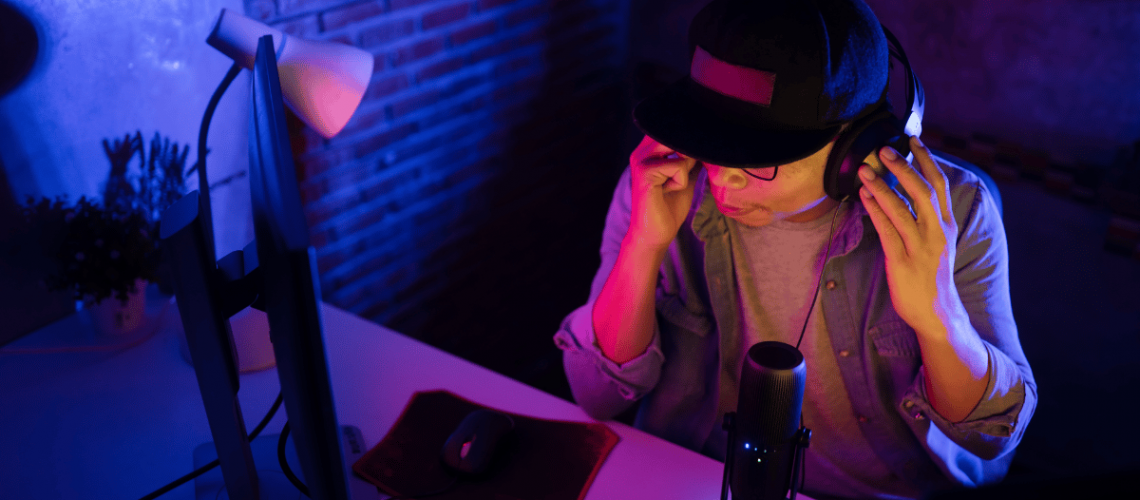
One of the most exciting developments in the field of AI and music is the use of machine learning algorithms to compose and produce music. These algorithms have the ability to analyze music data and create new compositions that can be personalized to individual users. This has led to a new era of music creation, where artists can work with AI to produce music that is more inclusive and accessible to a wider range of people.
One example of this is Amper Music, a company that uses AI to compose and produce music. Their technology allows users to select the style, mood, and length of a piece of music and then generates a unique composition that fits those parameters. This means that people who may not have the technical skills to create music themselves, can now easily produce music that is tailored to their needs and preferences.
Another area where AI and music are collaborating to promote inclusivity and accessibility is in the area of music education. AI-powered music programs and apps can provide personalized music instruction and feedback that can help people learn to play music. For example, companies such as Yousician and Joytunes are using AI to create personalized music lessons for users. These programs can analyze a user’s playing and provide feedback and guidance to help them improve. This technology can be especially beneficial for people with disabilities or those living in remote areas who may not have access to traditional music instruction.
AI technology is also being used to improve music accessibility for people who are deaf or hard of hearing. Researchers are developing AI-powered systems that can transcribe audio into text and convert text into visual representations of music, such as sheet music. This means that deaf or hard of hearing people can enjoy music in a way that is accessible to them.
Another area where AI and music are collaborating to promote inclusivity and accessibility is in the area of music production. AI-powered music production tools can help musicians and producers create and mix music that is more accessible to people with different abilities. For example, researchers are developing AI-powered tools that can analyze music and make adjustments to the mix to make it more accessible for people who are deaf or hard of hearing.
Finally, AI-powered music analysis tools can also be used to create more inclusive and accessible music recommendations. By analyzing users’ listening history and preferences, these tools can create personalized playlists that cater to a wide range of music genres and styles. This ensures that everyone can find music that they will enjoy and relate to.
In conclusion, the collaboration between music and Artificial Intelligence is leading to breakthroughs in inclusivity and accessibility. With the help of AI-powered music composition, production, education, and analysis tools, we are making music more accessible to people of all backgrounds and abilities. As technology continues to advance, we can expect to see even more exciting developments in this field and more music inclusivity and accessibility to all.
Muzico Innovations GmbH
Ursprungstrasse 1d
8044 Zürich – Switzerland
info@muzico.ai
© 2023, Muzico Innovations GmbH